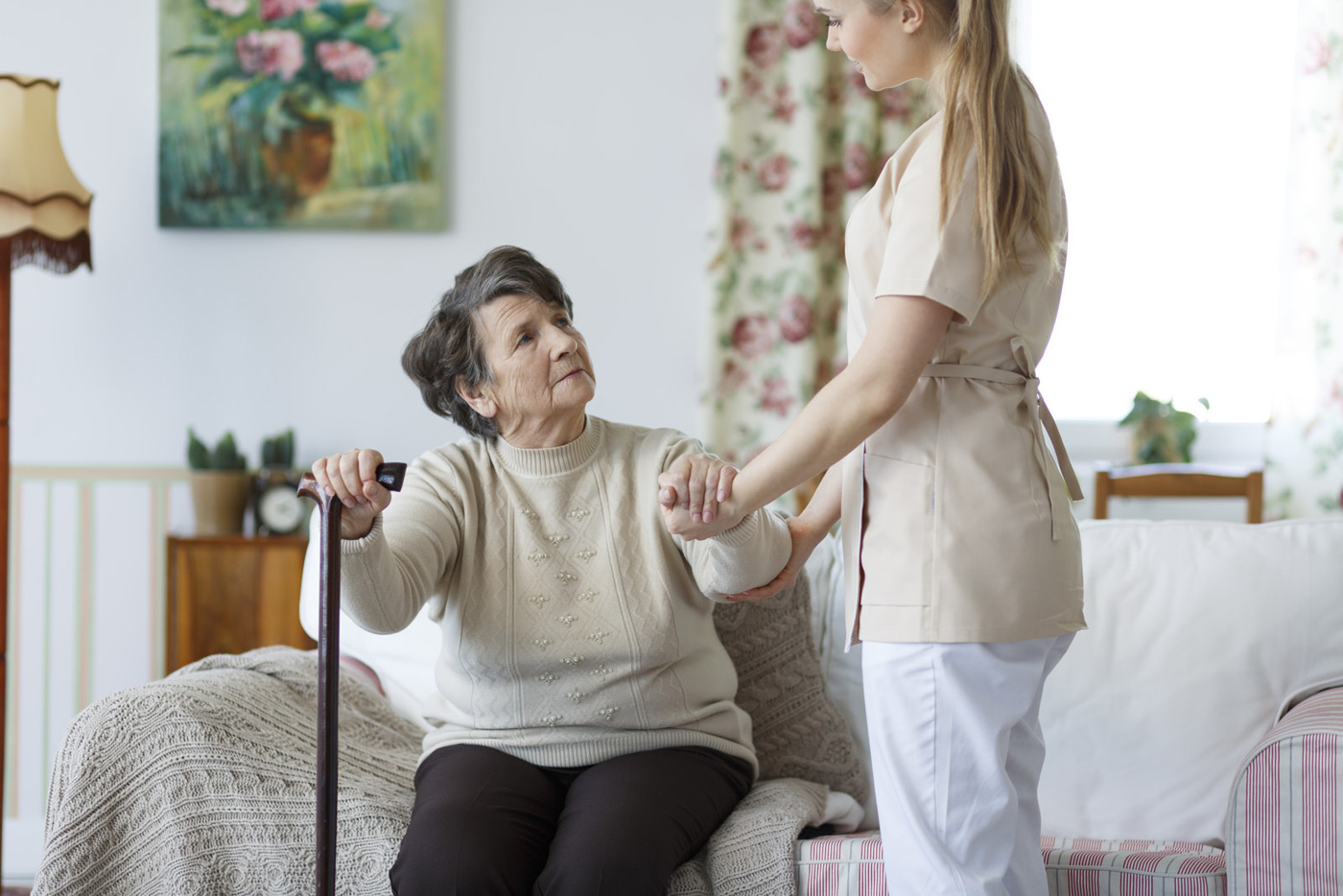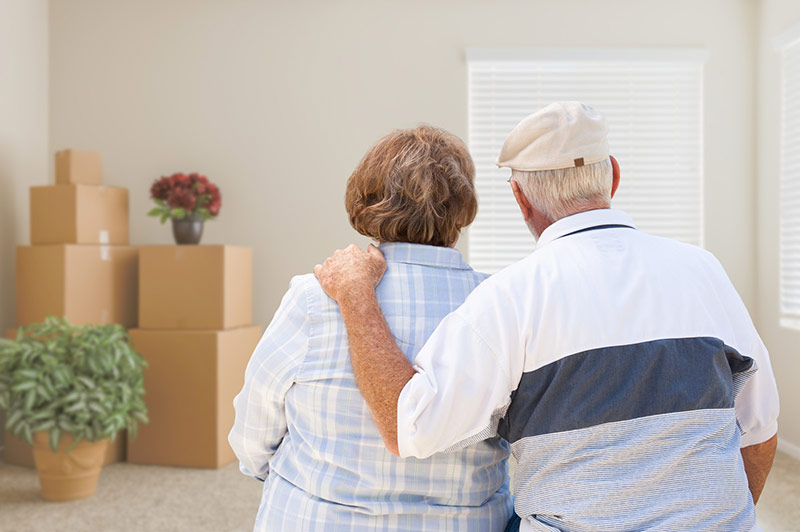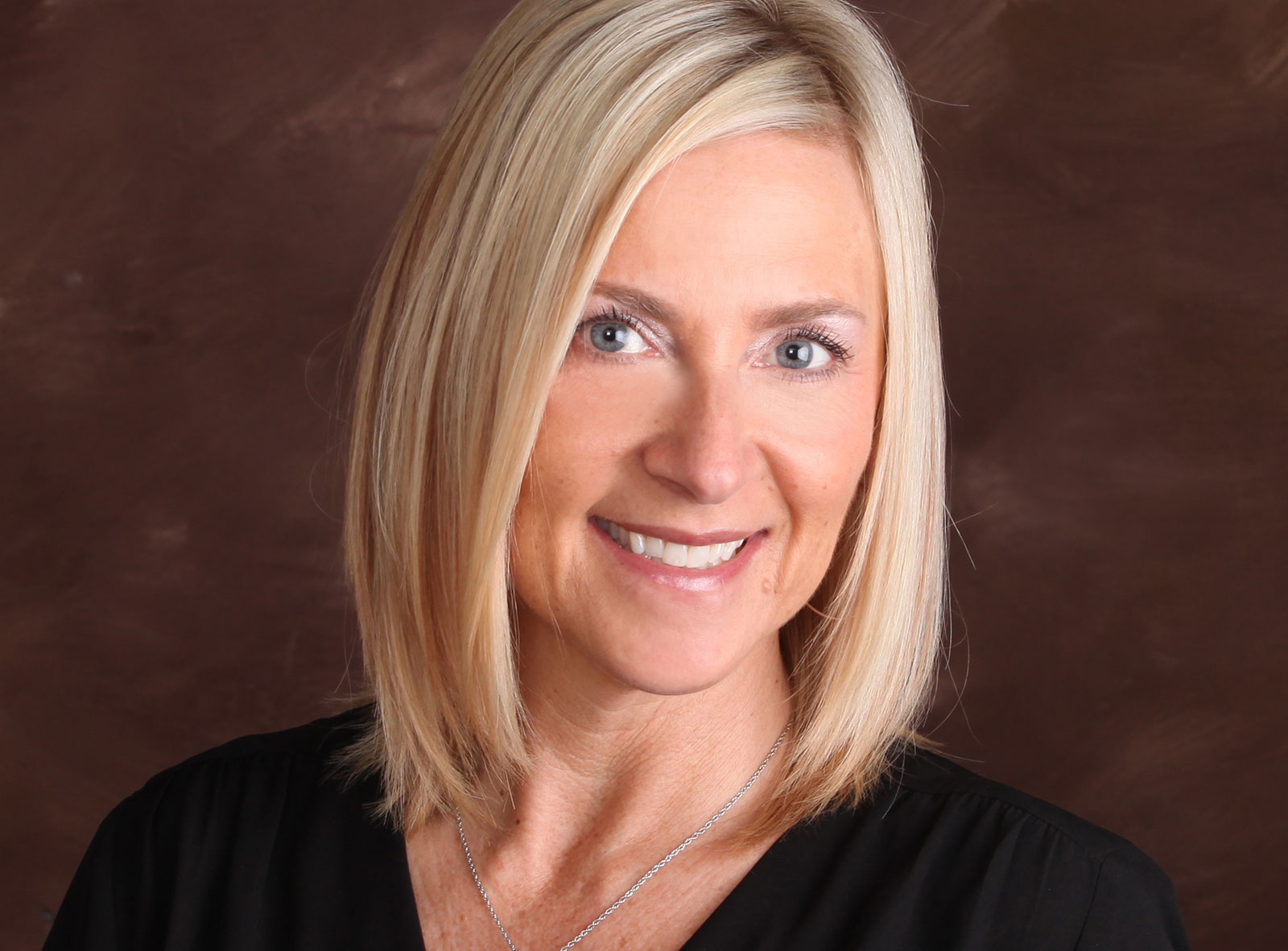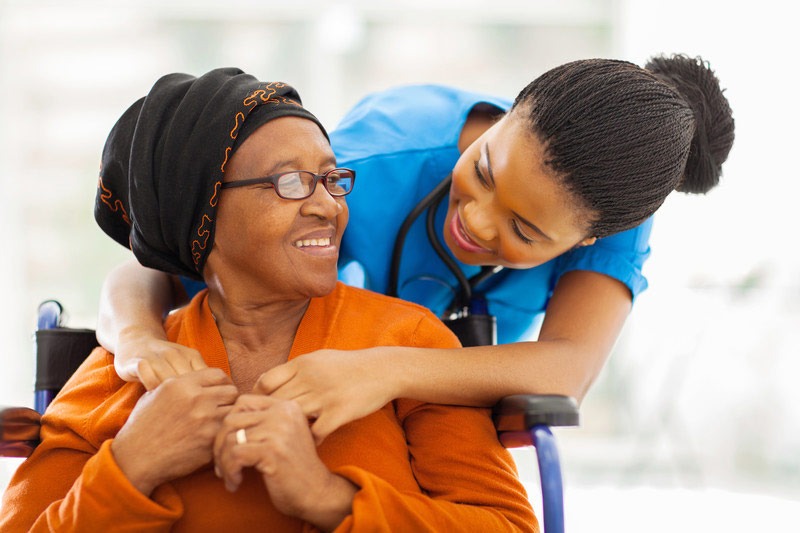A Medical Supply or Adaptive Aids company can help to reduce the risk of accidents in the home while increasing the quality of life. They carry various type of product, but installation (if necessary) may be done by a contractor. Their purpose is to provide products helping to increase safety measures in the home such as:
- additional lighting
- mobility tools
- safety mechanisms
Many senior centers and non profits give classes around the USA, as well as provide a consult with your family. Often, a checklists will be provided on what to look for in a home.
Schedule a free home assessment and receive a report of “next steps” to make your loved ones home is a safer place. Often, Medicare or Medicaid will pay for the cost of adaptive equipment if prescribed by a doctor.
Services
Once your assessment report has been received – you will have a better understanding of where to begin. With the bathroom being the most dangerous room in a house due tight spacing, throw rugs that cause one to slip, and getting oneself up/down or in/out of the commode and shower, starting with this room first always makes sense. Consider a variety of items for safety:
- grab bars, shower seats, raised toilet seats
- floor to ceiling poles
- special lighting for long hallways and dark or tight corners
- furniture that better accommodates the space
- wheelchairs, walkers
- in-home elevators
Products will vary at locations:
- bandages, skin creams, and a wide variety of medical products
- incontinence supplies
- adaptive clothing, support hose
Specialization
Determine the various locations “specialty” before coordinating with a home adaptation specialists. Look for those that can make customized recommendations and work directly between contractors, physicians, physical therapists and families.
Preparation
Before contacting an Adaptive Living Provider, survey your senior loved ones’ home. This includes:
- Check their ability to get around in their own home.
- Do they walk up/down stairs easily?
- How are they in sitting and standing on their present furniture?
- Are they on special oxygen or other types of equipment?
- If so, is there a power source in place to run it if there is a power failure?
- Experience how they navigate the bathroom? Do they have enough room to move around with a walker or wheelchair?
- What is their ability to dress and shower themselves?
- Check to see if they have a good supply of first aid and personal care products.
Consult with a physician to write prescriptions for appropriate items for Medicare reimbursement.
Evaluation
- Are you a Medicare/Medicaid approved provider?
- Is a free consultation provided?
- Will you collaborate with contractors, physicians and others required to successfully complete the project(s)?
- Are items in stock, or is there a delay while you order them?
- Do you provide home delivery service?
- Provide references.
Adaptive Living Equipment and Accessories Radio Show Segments
- Apartment Adaptations with Lynn Creasy
Lynn Creasy from Foundation House at Northgate talks about adaptive living, various apartment additions that can be made to improve safety. Shower vs. bath, higher toilets, grab bars, safety bars, shower seats. A few other things are adaptive clothing such as socks and velcro clothing.













